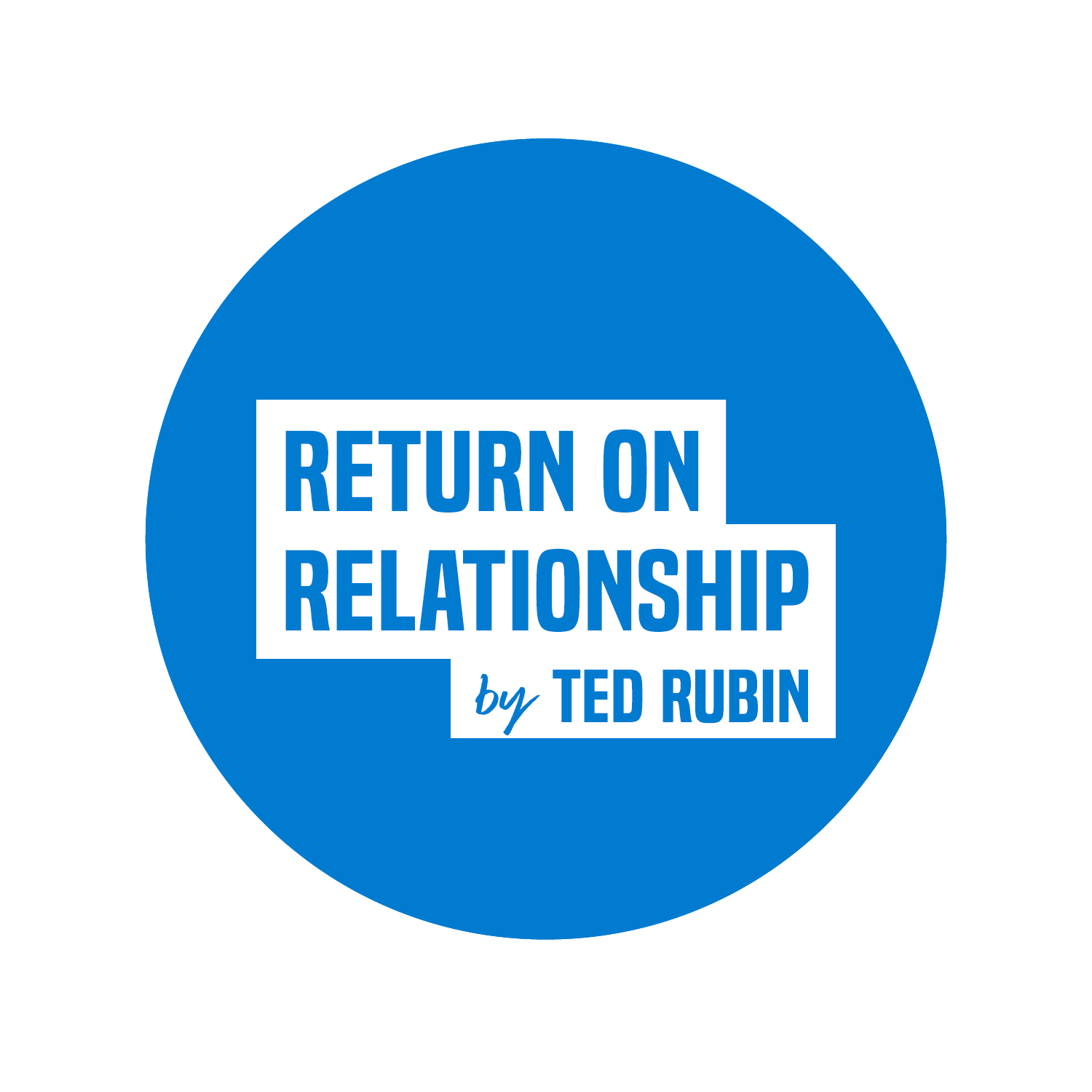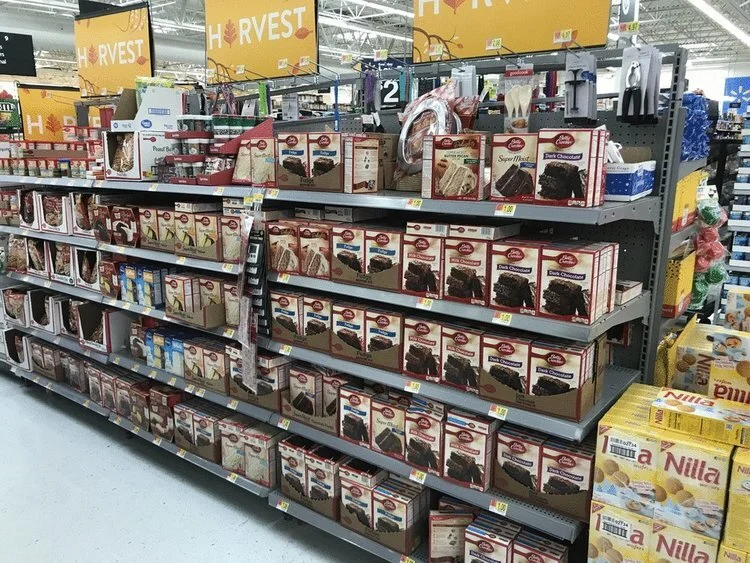Why We Won't Shop At Stores In 2028 ~via @Katadhin
I have been doing a ton of retail history research for my and Ted Rubin's upcoming book, Retail Relevancy and THE consistent theme is change driven by simplicity. Local stores made it easy for early settlers to get the things they needed to build their lives without long journeys to major towns and cities. Traveling salespeople and mail order made it more accessible still. Chain stores brought consistency and a more comprehensive product selection which discounters enhanced with lower prices. Most recently, ecommerce and a host of logistics technology are changing shopping altogether, far more than at any time in the past. Quite simply, there is no need longer a need for a 'place' in the shopping ecosystem, only the need or desire for a product, which now seamlessly comes to the shopper.
This seems somewhat obvious and yet the majority of the retail industry is still operating like it is in the big box era as if the current plight of physical retail is not happening. The lethargy at which incumbent retail has adapted to changing shopper behavior has contributed in large part to the current leadership position for new retail entrants, notably Amazon, but soon to be international players including Alibaba and JD that are taking global leadership roles and will likely be competing vigorously in the US as well. The problem on the surface appears to be the proverbial (myth?) frog in a boiling pot of water; change is to slow to react to clear and present danger. Whole analysts cottage industries have sprung up refuting the concept of the 'Retail apocalypse,' but the evidence is relatively clear. Store visits in the US have been slowing for a decade, emerging retail markets have much higher rates of ecommerce penetration and perhaps most impactful is simplicity. Once shoppers migrate to pick up, delivery, replenishment, voice shopping and eventually AI driven automated fulfillment, they aren't likely to return to stores, especially for routine purchases.
For many, this may seem far-fetched but the reality is that is it already happening. Our family has transitioned to automated replenishment for most consumable products already. These items simply show up on a regular cadence with no interaction at all from us. Artifical Intelligence will make this process even easier as products themselves communicate with the platforms and auto-replenish without any human interaction. All the infrastructure is already available to make this happen. You can easily envision this extending to meals, clothing and other goods as well. Marketing will undergo a huge change as well. The beautiful dish I'm viewing on Pinterest will be fulfilled as a meal kit for tonight's dinner.
Analogous to self-driving cars, the technology to make storeless shopping a reality is much closer than perceived. From Big Macs to groceries to apparel, shopping is undertaken when, where and how the shopper wants instead of being place-based. Many retailers are scrambling to catch up to Amazon's lead. Walmart and Kroger are aggressively rolling out grocery pick-up and delivery as shoppers now have a multitude of competitive and third-party options. When you consider the amount of time spent on this straightforward shopping task, it is rational that given an option to save time, effort and even money, many will choose delivery and automated fulfillment, especially if the result, pantries and refrigerators stocked with quality groceries, is mostly the same. However, for the current industry, this will bring radical change as brand relevance driven by location dissolves. The utility will be found in quality, service level and simplicity creating both an opportunity and threat for current channels.
Obviously, we will utilize stores for SOME shopping in 2028, but we also still sell SOME vinyl records in 2018. Like the music industry, a huge shakeout is coming for anything between the producer and the shopper that doesn't add value. Alexa, please get me a beer, this is going to be interesting to watch.




